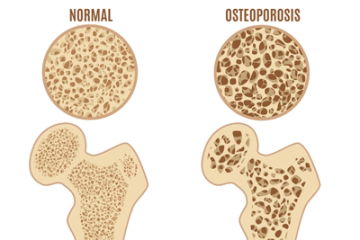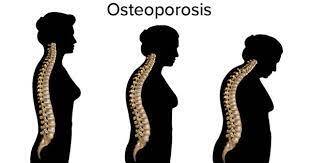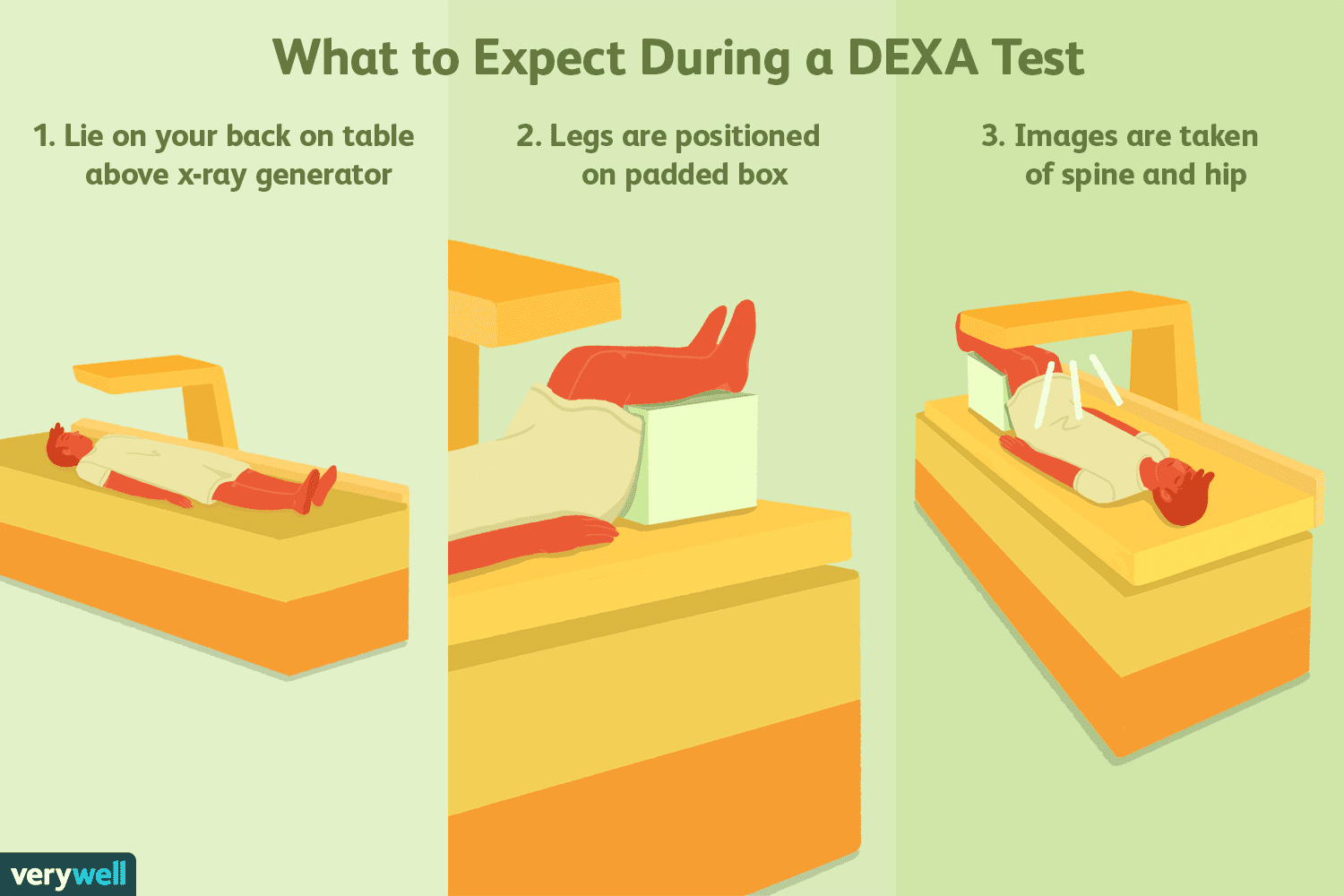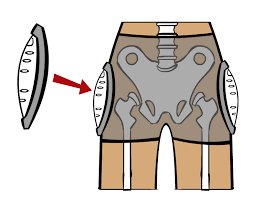Osteoporosis !! A Silent Bone Destroyer .
Doctor, what is Osteoporosis?
Osteoporosis is a common bone disease that weakens bones, making them fragile and more likely to break.
It occurs when the creation of new bone doesn't keep up with the removal of old bone. ( Your bone regularly dies and a new bone is formed!!)
This results in a loss of bone mass, leading to thin and brittle bones that can easily fracture, even from minor falls or accidents.

Who is more likely to be affected?
While osteoporosis can affect both men and women, it is more common in older women, particularly after menopause (i.e. stoppage of periods) due to a decrease in estrogen levels, (Estrogen is a hormone in the body that plays a role in maintaining bone density)
What are the causes of Osteoporosis?
1. Aging: As we age, our bones naturally lose density, becoming more prone to fractures.
2. Hormonal Changes: Postmenopausal women and older men experience hormonal changes that can lead to bone loss.
3. Lack of Calcium and Vitamin D: A diet deficient in calcium and vitamin D can weaken bones.
4. Sedentary Lifestyle: Lack of physical activity can decrease bone mass and strength.
5. Family History: Osteoporosis tends to run in families.
6. Medical Conditions: Certain medical conditions like rheumatoid arthritis and digestive disorders can increase the risk.
7. Medications: Long-term use of certain medications such as steroids can lead to bone loss.
Doctor! What are the signs that I may be suffering from Osteoporosis ?
1. Back pain:- May be caused by a fractured or collapsed vertebra.
2. Whole-body Pain:- Yes, like arthritis you may experience whole-body pain.
3. Loss of height over time:- you may have decreased height even due to loss of vertebral heights or collapse
4. A stooped posture:- Gradually over time your back may bend.
5. Easily fractured bones:- Even a minor injury may result in a fracture of bone.

So, is there anything I can do to Prevent it?
1. Dietary Changes:
a. Adequate calcium intake: Include dairy products, leafy greens, and fortified foods in your diet.
b. Vitamin D: Get regular sunlight exposure and include vitamin D-rich foods like fatty fish and egg yolks.
2. Regular Exercise:
a. Weight-bearing exercises: Walking, jogging, dancing, and resistance training help to strengthen bones.
b. Balance exercises: Improve balance to prevent falls, which can lead to fractures.
3. Lifestyle Choices: -
a. Avoid smoking and limit alcohol consumption, as they can weaken bones.
b. Maintain a healthy body weight. :- More the body weight more is the pressure on your bones.
*
So how to Confirm if I have Osteoporosis?
Bone Density Test (DEXA scan): It is a test where bone mineral density is measured and the risk of fracture can be found.
Xray: Even a simple xray can suggest osteoporosis (but its not confirmatory)

What are the Treatment Options?
1. Medications: -
a. Bisphosphonates: Alendronate, risedronate, and zoledronic acid help prevent bone loss.
b. Hormone Replacement Therapy (HRT): Estrogen therapy for postmenopausal women helps maintain bone density.
c. RANK Ligand (RANKL) Inhibitor: Denosumab is an injection that helps reduce bone loss and its taken once every 6 Months.
d. Parathyroid Hormone (Teriparatide): Stimulates bone formation and increases bone mass.
e. Calcitonin Nasal Sprays: It too prevents bone Loss.
2. Calcium and Vitamin D Supplements: - If dietary intake is not sufficient, supplements can be prescribed to maintain adequate levels.
3. Lifestyle Modifications: -
a. Fall prevention: Removing tripping hazards like door mats and using assistive devices can prevent falls.
b. Physical therapy/exercises: Helps improve balance and strength, reducing the risk of falls.
c. Braces or supports: Can help manage posture and reduce the risk of fractures. (like Hip Protactors)

4. Regular Monitoring:- Ongoing bone density tests to assess the effectiveness of treatment and make necessary adjustments.
:Conclusion:
Osteoporosis is a condition that significantly impacts the quality of life, but its effects can be minimized with proper prevention, early diagnosis, and suitable treatments. Adopting a healthy lifestyle, including a balanced diet and regular exercise, is crucial in maintaining bone health.
If you suspect you might be at risk for osteoporosis or are experiencing symptoms, it's essential to consult a healthcare professional for proper evaluation and guidance tailored to your specific needs.